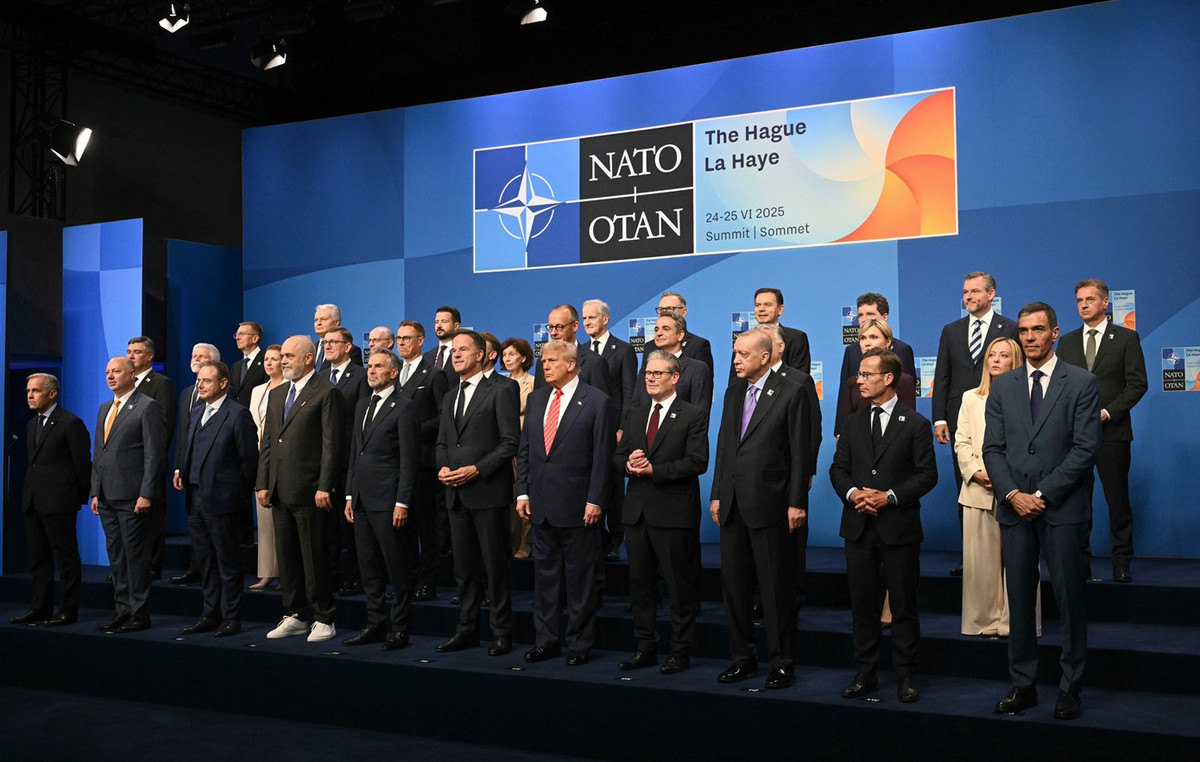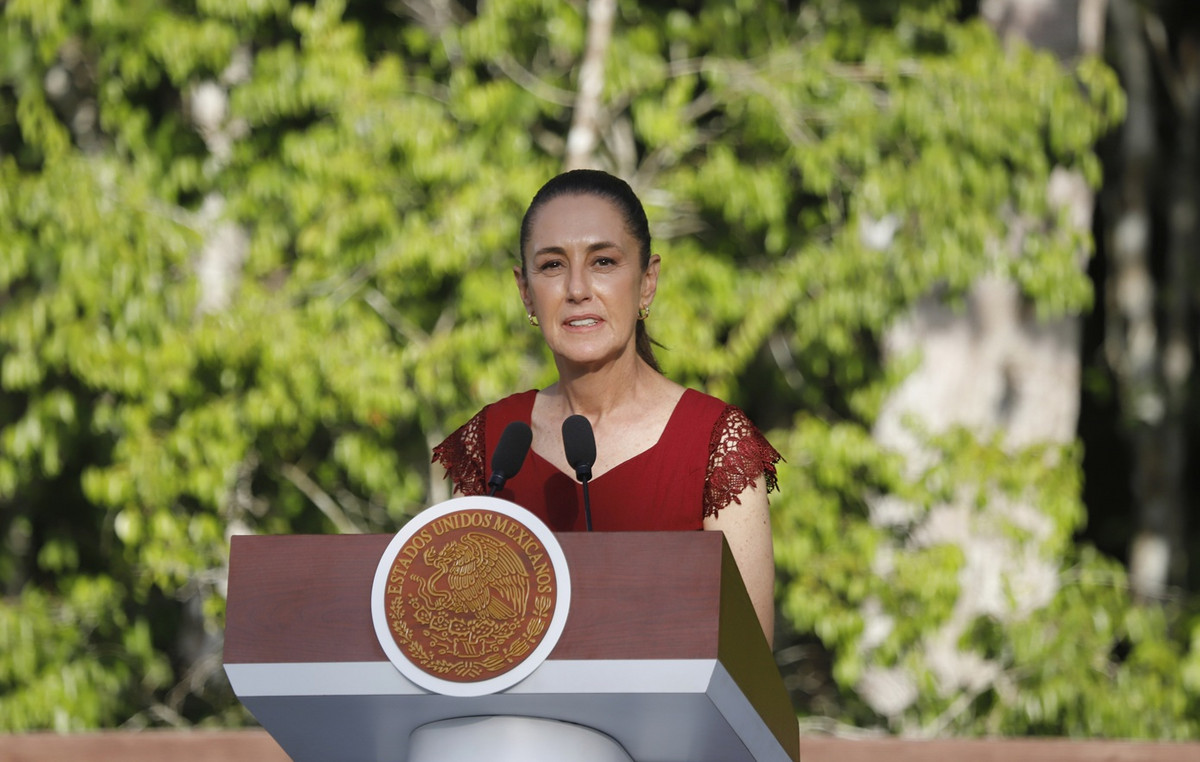Nearly 400 million people in 45 cities across China are under full or partial lockdown as part of China’s strict zero Covid policy. Together, they account for 40%, or $7.2 trillion, of the annual gross domestic product of the world’s second-largest economy, according to data from Nomura Holdings.
Analysts are ringing warning bells but say investors are not properly assessing the severity of the global economic fallout from these extended lockdown orders.
“Global markets may still underestimate the impact as much attention remains focused on the Russia-Ukraine conflict and US Federal Reserve rate hikes,” Lu Ting, chief economist at Nomura China and colleagues, wrote in a note this week. last.
Most alarming is the indefinite lockdown in Shanghai, a city of 25 million and one of China’s top manufacturing and export hubs.
Quarantines have led to food shortages, inability to access medical care and even reports of pet deaths. They also left the world’s largest port understaffed.
The Port of Shanghai, which handled more than 20% of Chinese cargo traffic in 2021, is essentially at a standstill. Food trapped in containers without access to refrigeration is rotting.
Incoming cargo is now stranded at Shanghai’s maritime terminals for an average of eight days before being transported elsewhere, up 75% since the start of the recent round of lockdowns.
Export storage time has dropped, but likely because there are no new containers being shipped to warehouse docks, according to the supply chain visibility platform project44.
Cargo airlines have canceled all flights in and out of the city, and over 90% of the trucks supporting import and export deliveries are currently out of action.
Shanghai produces 6% of China’s exports, according to the government’s 2021 statistical yearbook, and factory closures in and around the city are further disrupting supply chains.
Sony and Apple’s supply factories in and around Shanghai are idle. Quanta, the world’s largest notebook maker and maker of MacBooks, has stopped production entirely.
The factory accounts for about 20% of Quanta’s notebook production capacity, and the company previously estimated it would ship 72 million units this year. Tesla closed its Shanghai Giga factory, which was producing about 2,000 electric cars a day.
On Friday, China’s Ministry of Industry and Information Technology said in a statement that it had sent a task force to Shanghai to work on a plan to resume production at 666 key manufacturers in the closed city.
Tesla executives hope to be able to reopen its doors by Monday, ending the factory’s longest break since it opened in 2019. The automaker has lost more than 50,000 production units so far, according to materials reviewed by Reuters.
“The impact on China is huge and the effects on the global economy are quite significant,” said Michael Hirson, Eurasia Group’s head of practice for China and Northeast Asia. “I think we will have more volatility and economic and social disruption for at least the next six months.”
Prolonged disruptions to Chinese manufacturing and shipping could help accelerate a key Biden administration initiative aimed at reducing US dependence on Chinese products and supply chains.
But the task comes with serious immediate economic repercussions.
In a report released last week, the World Trade Organization (WTO) warned that a worst-case scenario involving the decoupling of global economies, spurred by Russia’s invasion of Ukraine, could reduce long-term global GDP by 5%.
This is highly unlikely given the deep financial connections between China and the US. Investment in each other’s stocks and bonds reached $3.3 trillion at the end of 2020, according to data from the Rhodium Group.
“These are still very interconnected economies,” Hirson said. “This integration is not something that will be easily reversed because it would be incredibly expensive for the US and the global economy.”
Still, US economic leaders believe decoupling is already underway. Oaktree co-founder Howard Marks wrote in late March that “the pendulum has returned to local sourcing” and has moved away from globalization.
Blackrock chairman Larry Fink echoed the sentiment in a letter to the company’s shareholders. “The Russian invasion of Ukraine,” he wrote, “put an end to the globalization we have experienced over the past three decades.
In a speech to the Atlantic Council last week, Treasury Secretary Janet Yellen said the US is closely watching China’s political and economic connections with Russia. “In the future, it will be increasingly difficult to separate economic issues from broader national interest considerations, including national security,” she said.
While she said she hopes a “bipolar divide” between China and the US can be avoided, “the world’s attitude towards China and its willingness to embrace greater economic integration may well be affected by China’s reaction to the crisis.” our call for resolute action against Russia.”
Meanwhile, a third of China is stuck in quarantine and its economy is suffering.
China’s recent pandemic response is likely to cost at least $46 billion in lost economic output a month, or 3.1% of GDP, according to research by the Chinese University of Hong Kong.
Analysts no longer believe that China’s 5.5% economic growth target for 2022, the country’s least ambitious target in three decades, is realistic. The World Bank revised its estimates for Chinese economic growth this week to 5%, but noted that if its restrictive policies continue, that could drop to 4%.
The economic burdens come at a politically precarious time. This fall, Chinese President Xi Jinping will apply for a third term as the country’s leader, breaking with the tradition of a two-term maximum.
Source: CNN Brasil
I am Sophia william, author of World Stock Market. I have a degree in journalism from the University of Missouri and I have worked as a reporter for several news websites. I have a passion for writing and informing people about the latest news and events happening in the world. I strive to be accurate and unbiased in my reporting, and I hope to provide readers with valuable information that they can use to make informed decisions.







